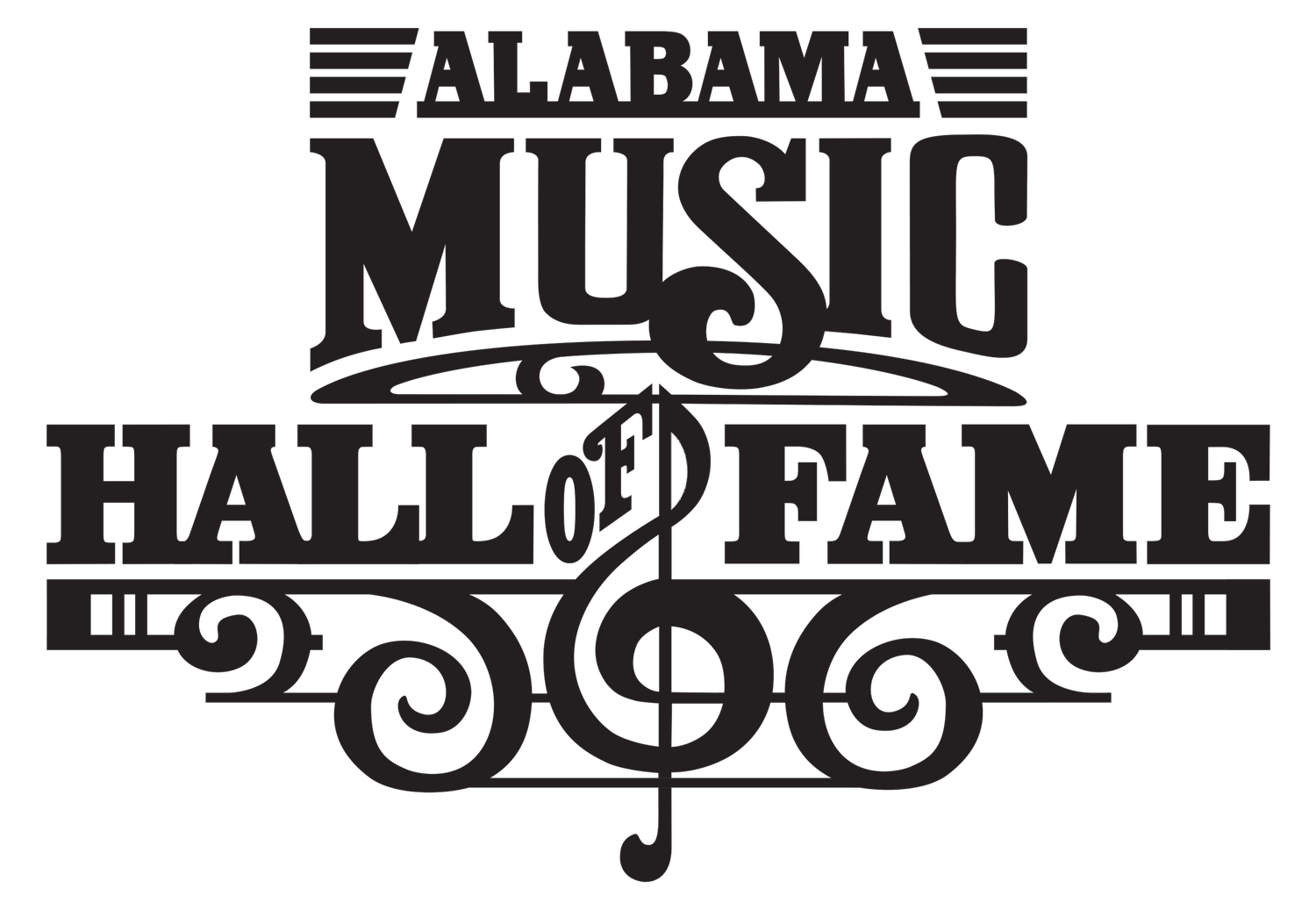Sonny James
May 1, 1929 - February 22, 2016
1987 Inductee
Affectionately known as the “Southern Gentleman,” Sonny James helped broaden the appeal of country music by offering his own warm, elegant country versions of familiar pop standards of the recent past.
More significantly, James evolved into country music’s most consistent hit recording artist of the late 1960s and early ’70s, enjoying a five-year run of No. 1 hits that kept him in the top spot on the charts for a staggering total of 45 weeks.
A native of Hackleburg, James Loden – the future Sonny James – began his music career at the age of three, singing with his family band, The Lodens. The group, which also featured his four sisters, was popular throughout the South for their concerts as well as their musical performances on live radio programs like the Louisiana Hayride and Saturday Night Shindig.
After serving in the military during the Korean War, James returned to his music career, changing his name to Sonny James (inspired by his teenage nickname of “Sunny”) and performing on the local bar circuit. Befriended by Music City guitarist and studio producer Chet Atkins, he journeyed to Nashville and signed a recording contract with Capitol Records.
Beginning in 1953, James recorded several successful country singles (“That’s Me Without You,” “The Cat Came Back”) before scoring his biggest hit with the pop-flavored 1956 ballad “Young Love.” The single spent nine weeks at No. 1 and holds the distinction of being the first country record to cross over to the pop market.
From 1964 through 1972, James’ twenty-five singles climbed to No. 1 on the country charts. This was finally surpassed in 1988 by the group Alabama. Many of those singles were covers of previous pop hits, from Adam Wade’s “Take Good Care of Her” and the Seekers’ “I’ll Never Find Another You” to “A World of Our Own,” the Chordettes’ “Born to Be With You” and Roy Orbison’s “Only the Lonely.”
Backed by his band, the Southern Gentlemen, James toured the country and overseas and also performed on such popular prime-time television shows as The Ed Sullivan Show, The Bob Hope Show and the country-variety series Hee Haw. He also appeared in several low-budget films, including Las Vegas Hillbillies, Second Fiddle to a Steel Guitar and Nashville Rebel. James hosted the first Country Music Association Awards Show in 1967 and later became the first country singer honored with a star on the Hollywood Walk of Fame. Record World magazine named him the Country Male Artist of the Decade for the 1960s.
James continued to charts hits into the mid-1970s, including a cover version of Gene Pitney’s “Only Love Can Break a Heart,” “That’s Why I Love You Like I Do,” “When the Snow is On the Roses,” “Is It Wrong (for Loving You?),” “A Mi Esposa Con Amor (To My Wife With Love),” “A Little Bit South of Saskatoon,” “Little Band of Gold” and “What in the World’s Come Over You?” He also produced three albums with singer Marie Osmond, including her smash country single “Paper Roses.”
James retired from active involvement in the recording industry in 1983.

